Support Your Red & Golden Raspberries
In our video on planting and growing raspberries and blackberries, Tricia shows how she grows her blackberries and black raspberries in the "hill method", with the canes growing in clumps next to a fence or post for support. Boysenberrries are related to blackberries and should be grown the same way. If you live in an area where the soil dries quickly, berries can be planted on flat soil (no hilling).
Red and golden raspberries don't just look different from black raspberries -- they need more support and their canes should be tied to structures. There are many support options for you. Tricia strings twine from post to post as support for red raspberries. When it's time to cut down and discard the canes, the twine can go along with them.
Tricia strings twine from post to post as support for red raspberries. When it's time to cut down and discard the canes, the twine can go along with them.  If you want a permanent support for your red and golden raspberries, use galvanized wire at three different levels between T-bars and weave the canes through the wire. You can also build a Y-shaped trellis and attach the growing canes to galvanized wire or twine on the arms of the Y. The canes will then form a V-shape, allowing plenty of sun and air to reach the berries. The University of Maine has a video that shows a Y-trellis in use and information on dormant pruning.
If you want a permanent support for your red and golden raspberries, use galvanized wire at three different levels between T-bars and weave the canes through the wire. You can also build a Y-shaped trellis and attach the growing canes to galvanized wire or twine on the arms of the Y. The canes will then form a V-shape, allowing plenty of sun and air to reach the berries. The University of Maine has a video that shows a Y-trellis in use and information on dormant pruning.
Pruning Everbearer or Fall Bearer Raspberries
Typical raspberries have perennial roots and biennial canes. The roots send up canes that do not produce anything but leaves in the first year (primocanes). In the second year they bloom and fruit (floricanes), then die, and are cut to the ground after the summer harvest. With the everbearer or fall bearer raspberries, the first year canes produce fruit at the tips in late summer or fall, and from side (or lateral) branches in their second summer. For the maximum crop, mow or cut down all the everbearer canes after the fall harvest.Mowing or Cutting Down Raspberry Canes
For a typical home berry patch, cut those canes off near the ground with loppers. TIP: Make it easy to mow the canes. Don't drive your T-bars into the ground, and then mow around them. Instead, sink PVC pipes in the ground, and drop the T-bars inside the pipes. When it's time to mow, pull the T-bars out of the way, mow, and then replace the T-bars. HALF AS MUCH: Another alternative is to mow half the bed each year. That way you will have berries in summer at the tips of new canes AND berries on the older, lower branches. And you only have to mow half as much. For more bramble information try the short and sweet book on Berries, Raspberries & Blackberries from Storey. In the Country Wisdom Bulletin series, it is 32 pages and has a lot of good information. UC Davis IPM has a thorough guide to growing raspberries and blackberries.Blackberry Pruning
Blackberries are pruned differently than raspberries. During the dormant season, prune out the canes that fruited the previous year down to the ground. Also thin out any thin weak canes. You want no more than about 6 to 8 really strong canes. Once you have thinned, head back the remaining canes to about 4-5 feet from the ground. Then trim the remaining lateral branches to about 12 to 18".
Make raspberries and blackberries an inexpensive part of your summer diet when you grow your own!
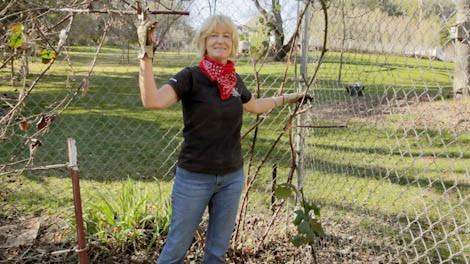
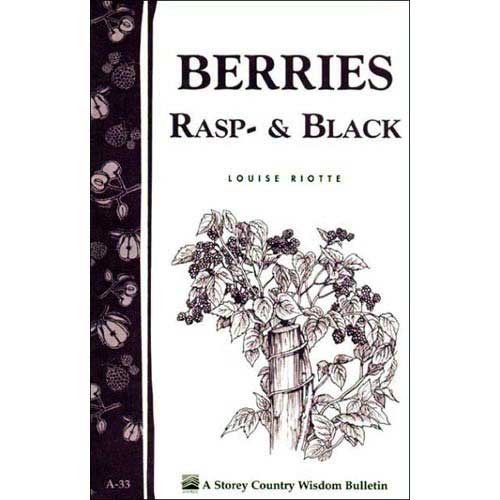
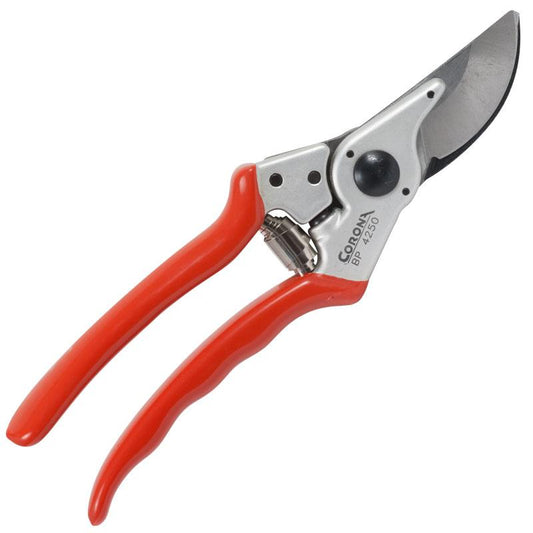
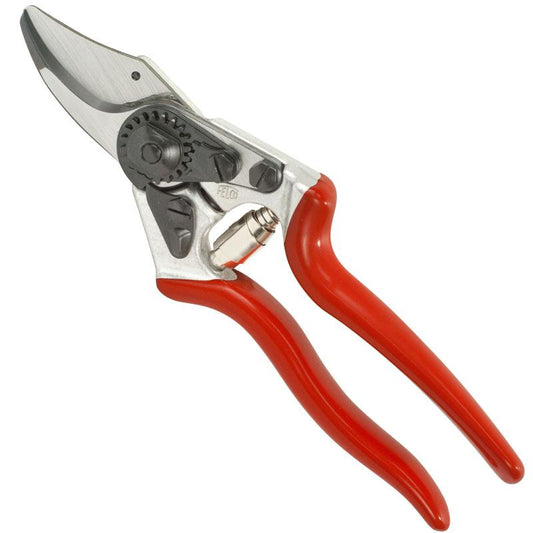
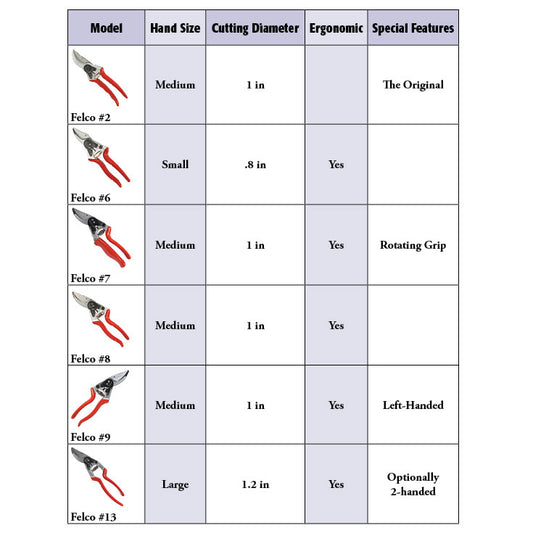
15 comments
Jack, I would not prune your canes since they are still pretty small. Allow them to grow over the summer and once they get about 4-5’ tall, then you can prune them.
I bought two thornless blackberries from Peaceful Valley last winter and planted them bare root. One produced three healthy canes, but only about 15 inches tall. The other plant produced only one cane and is only about 12 inches with fewer leaves. Should I tip prune any of the canes on either plant or give them another year to mature? Thanks and Blessings,
Jack
I have a thornless blackberry that is fruiting for the first time. The berries are large and completely black but not very sweet. What am I doing wrong?
Allison, you should water your blackberries in the summer as well and apply a thick layer of mulch to help with moisture retention. They don’t really need much fertilizing. If you want to give them a fertilizer, try something with more phosphorus.
The size of the berry will depend on what kind of berries they are and how they have been cared for. But summer watering may increase the size of the berry. Consider putting in some thornless blackberries, they are really tasty and produce large berries.
thanks for the pruning tips . . how about fertilization and watering? Actually I just need fertilizer tips . . our blackberries are semi ‘wild’ and get water during the winter however I am surprised this year that with all the water we had last winter we have few large berries . . .lot of berries but mostly small ones do not know what kind they are – were here when we moved in
Thanks!